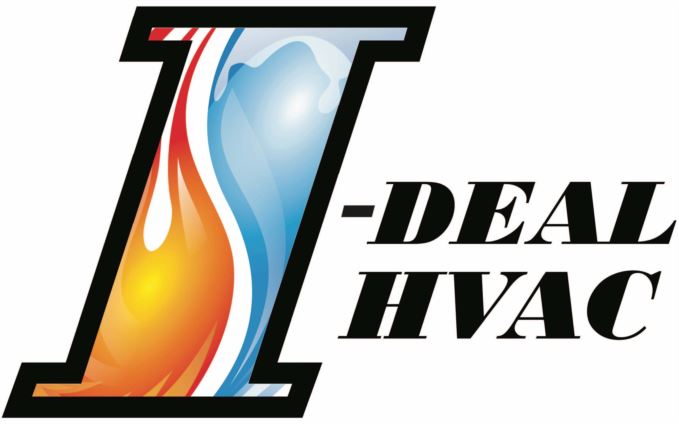Completing the search for your first home is an exhilarating experience. You’re probably juggling a dozen things or more to ensure you’re making the right choice. We believe that understanding your potential new HVAC system is essential. The property’s HVAC system represents a substantial investment and potential source of long-term costs, which is why due diligence should be a top priority for first-time homebuyers.
In this guide, we’ll share seven tips for discovering all there is to know about a home’s heating and cooling setup. And if you want a more in-depth opinion from the pros, don’t hesitate to contact I-Deal HVAC. Our experienced team can help you compare your options with industry insights that are second to none.
1. Which Kind of HVAC System Does the Home Use?
Start by determining what type of HVAC system the home includes. Furnaces generally last longer than air conditioners, and newer types of HVAC products like heat pumps boast average life spans that are impressively long. Knowing the make and specific model ensures you have a clear idea of how much routine maintenance it might need.
2. What Is the Current System’s Age?
It’s just as smart to learn how old the HVAC system is when you’re looking at a new home. In general, HVAC systems last about 10-12 years. Knowing when it was installed helps you prepare for any needed servicing or when it might shut down for good. Older systems may be more vulnerable to problems, so planning ahead of time for a replacement unit could be necessary sooner than you thought.
3. What Does the Warranty Cover?
Check if the HVAC system is still under warranty. If it is, this can lighten the load for maintenance expenses. HVAC warranties often cover parts and labor, but it’s important to note that details will vary. Review any terms you don’t recognize to make sure you fully understand your coverage and any possible out-of-pocket costs.
4. When Was the Last Time It Received Maintenance?
Next, examine the maintenance history of the HVAC system, if such information is accessible. This service history can demonstrate if the repair needs are high or how often a tune-up was scheduled. Ask about records for key tasks like filter changes, which can indicate it received regularly scheduled tune-ups.
5. Do You Know Its Energy Efficiency Ratings?
Selecting a system with strong energy efficiency can lead to lower utility bills and a smaller environmental impact. Try and find the seasonal energy efficiency ratio (SEER) ratings for air conditioning along with the annual fuel utilization efficiency (AFUE) for furnaces. Higher SEER ratings mean better cooling across the entire season, while strong AFUE ratings mean the fuel is more effectively burned for useable heat.
6. Can You Spot Trouble After Completing an Informal Inspection?
Even without the know-how of an HVAC technician, you should still check out the HVAC system yourself. Look for potential issues that haven’t been mentioned by the seller. This might consist of odd sounds, stubborn patches of the house that are too hot or cold and attempts to hide any visible damage.
7. Is an Experienced HVAC Technician Available to Help?
If you’re unsure about the current state of the HVAC system, it’s never a bad idea to get input from certified HVAC technicians. They will be much more likely to catch things you may not know about, like leaking coolant, wiring issues or flawed ductwork.
A Consultation with I-Deal HVAC Simplifies Your Home-Buying Journey
Finding your first home is meant to be a joyful event, and I-Deal HVAC wants to ensure it stays that way. Connect with us at 505-445-1250. We can go over the details about how our HVAC services help make this process smoother, giving you what you need to step into your new home with confidence.
